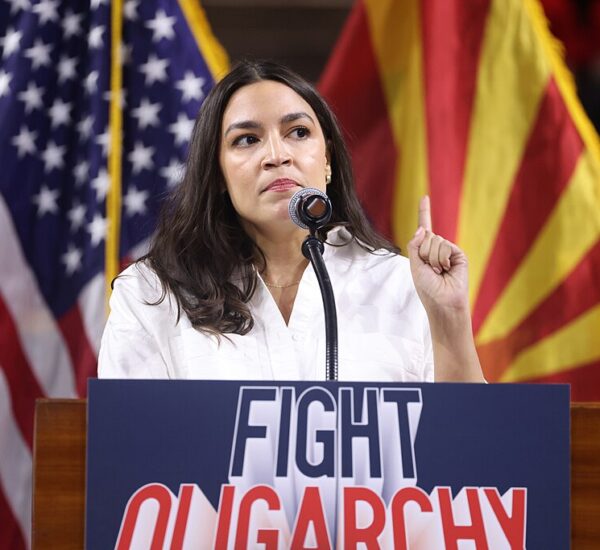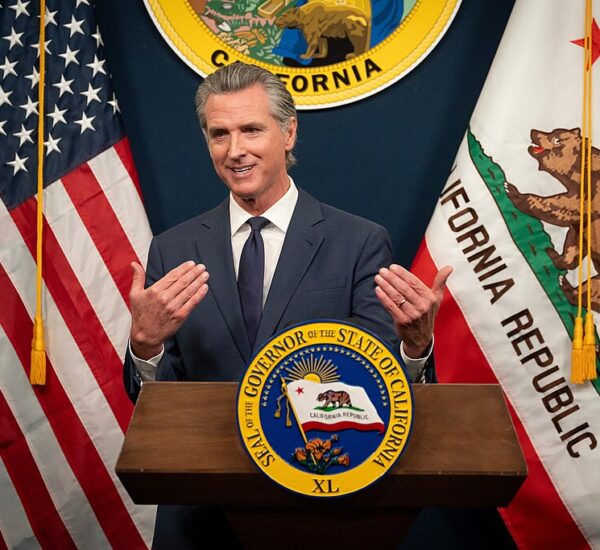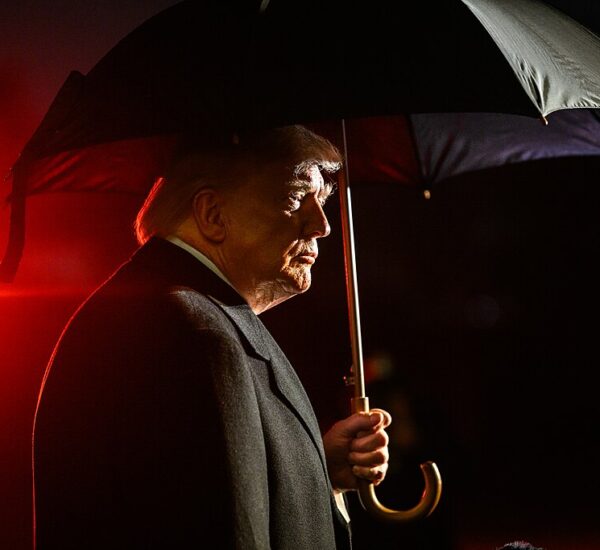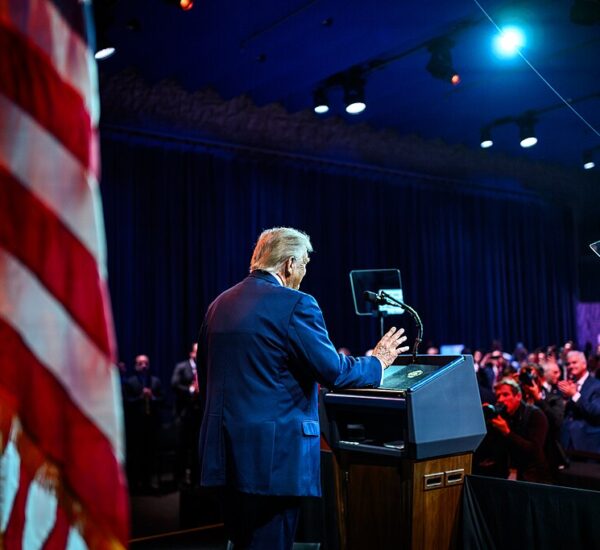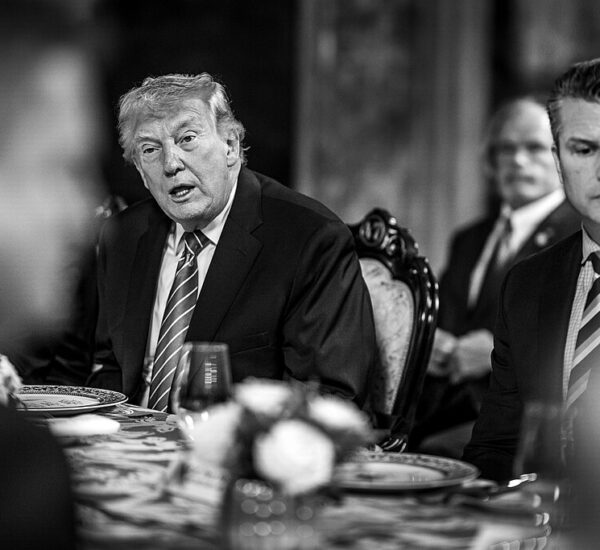Judge Blocks Trump’s Election Plan
In a major legal setback for election integrity advocates, a federal judge has temporarily blocked key parts of President Donald Trump’s executive order aimed at stopping illegal voting in federal elections.
At the heart of the blocked measure: a common-sense requirement that individuals provide proof of U.S. citizenship before registering to vote—a policy supported by millions of Americans who believe in secure, honest elections.
The ruling came Thursday from U.S. District Judge Colleen Kollar-Kotelly, who issued a preliminary injunction halting enforcement while lawsuits from liberal activist groups proceed. The blocked provisions include a citizenship verification requirement and a safeguard ensuring that individuals applying for federal benefits confirm their citizenship before being automatically registered to vote.
➤ What Was In Trump’s Order?
President Trump’s executive order, signed just weeks ago, directed the federal government to take action on several fronts to protect the vote and restore public trust in our elections:
- Require documented proof of U.S. citizenship to register to vote
- Tighten mail-in ballot deadlines to prevent fraud
- Direct the Department of Homeland Security and Department of Government Efficiency to match immigration databases with voter rolls
Many Americans—especially older voters who have seen the erosion of election standards over decades—see these actions as long overdue and essential to stopping non-citizen voting.
➤ Why Was It Blocked?
The American Civil Liberties Union (ACLU) and other progressive organizations claim the order is unconstitutional, arguing that only states have the authority to set election procedures. These groups also argue the order could “disenfranchise” individuals who lack documents like a passport—despite the fact that only citizens are legally allowed to vote in the first place.
“This executive order is part of a broader attack on democracy,” claimed ACLU official Sophia Lin Lakin. But many conservatives argue that enforcing the law isn’t an attack on democracy—it’s the foundation of it.
➤ What Happens Next?
While the judge halted some parts of Trump’s order, she allowed others to move forward. Notably, federal agencies may still begin comparing immigration records and state voter rolls, a move that could uncover thousands of ineligible registrations.
Trump administration attorney Michael Gates pointed out that the blocked citizenship provision hasn’t yet been implemented and wouldn’t take effect for several months—making the judge’s order not only premature but politically motivated.
➤ Why This Matters for Older Americans
For voters over 50, this ruling is more than just a legal footnote—it’s a red flag. Many remember a time when election laws were respected and voter fraud wasn’t brushed aside as “no big deal.” As concerns about election security grow, especially with the rise of mass mail-in voting and automatic registration programs, older Americans are increasingly demanding stronger safeguards and real accountability.
Bottom Line: This is a high-stakes battle over who controls our elections—and whether American citizens will remain the only ones with the right to vote.

